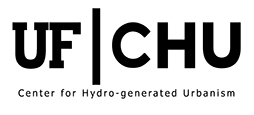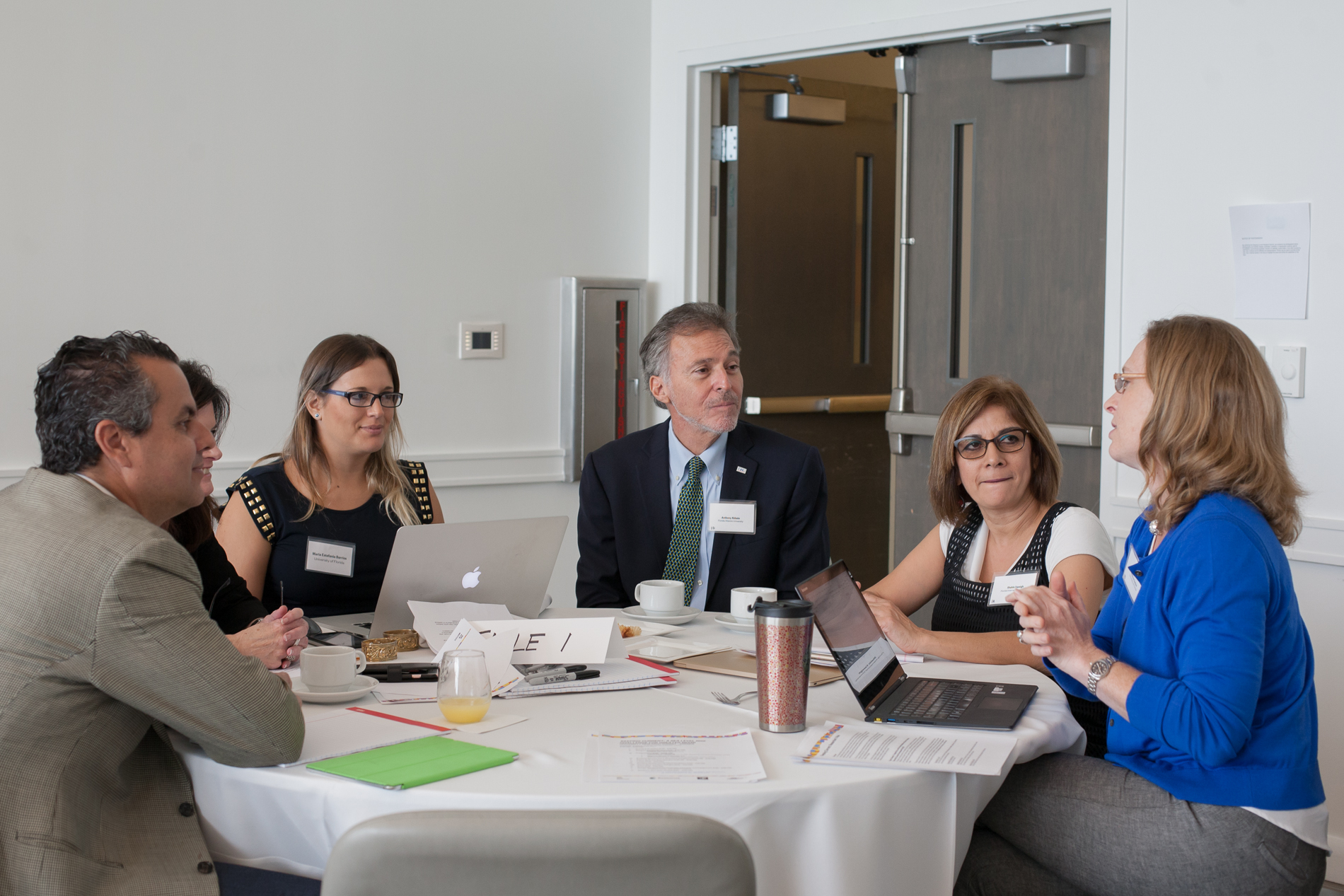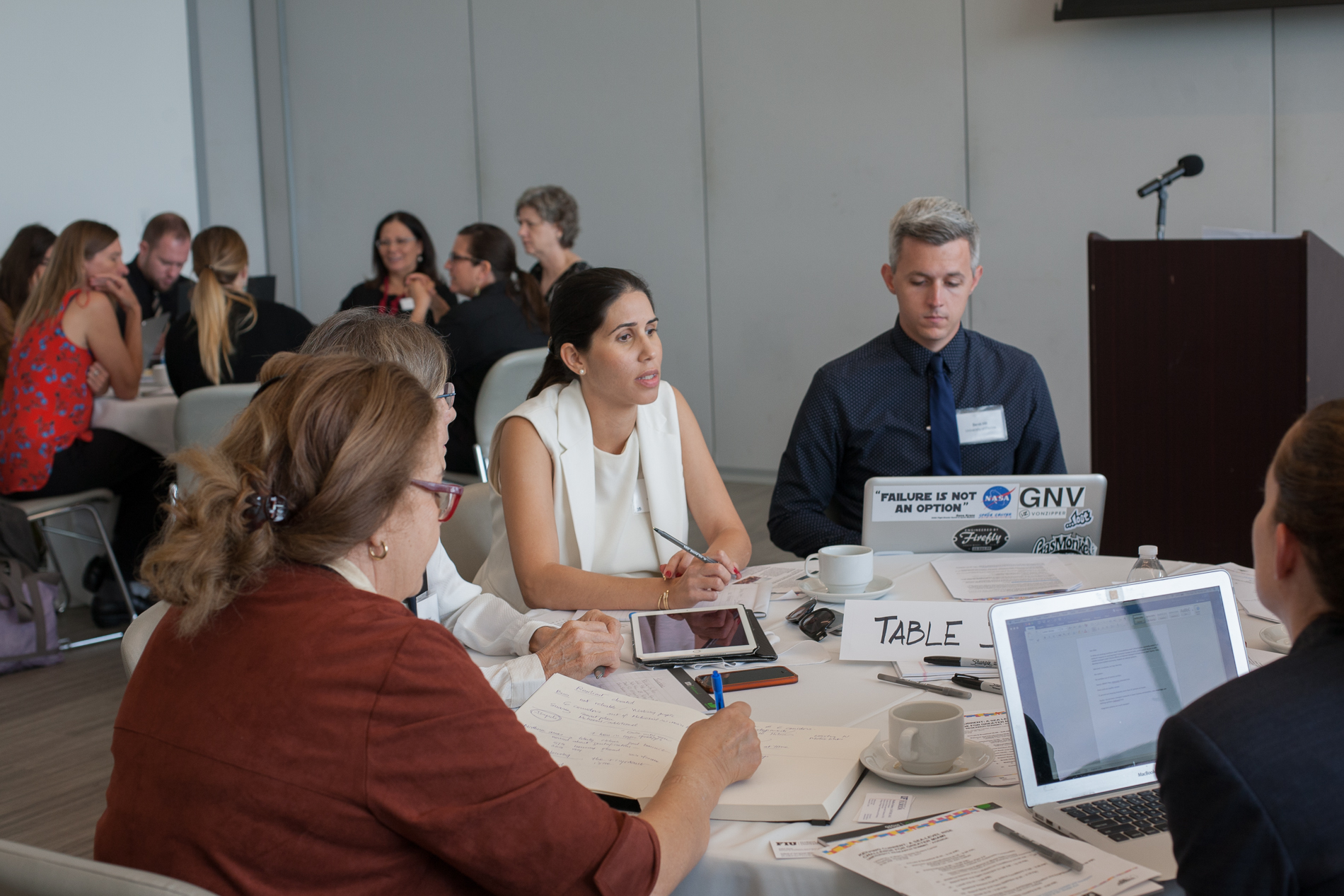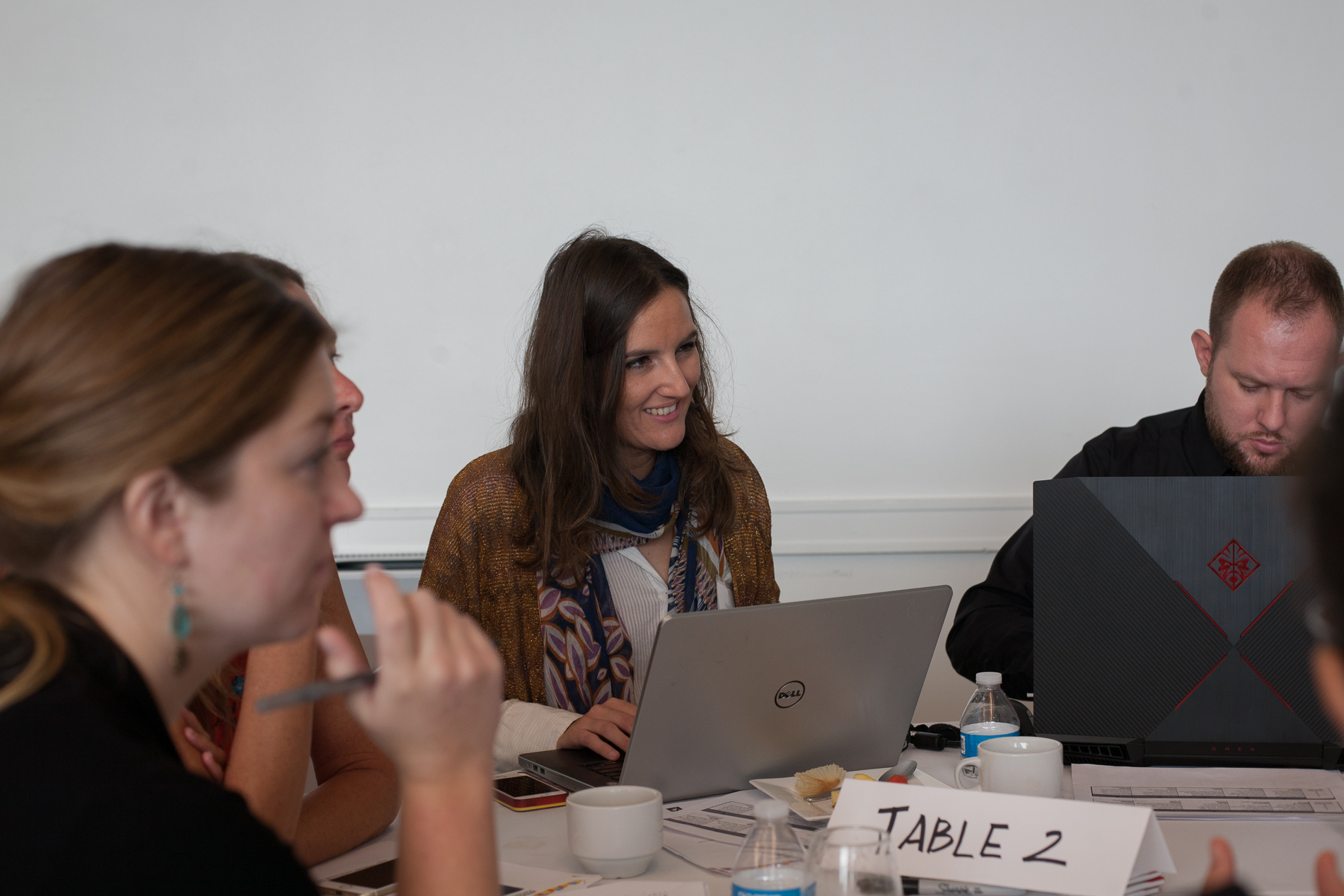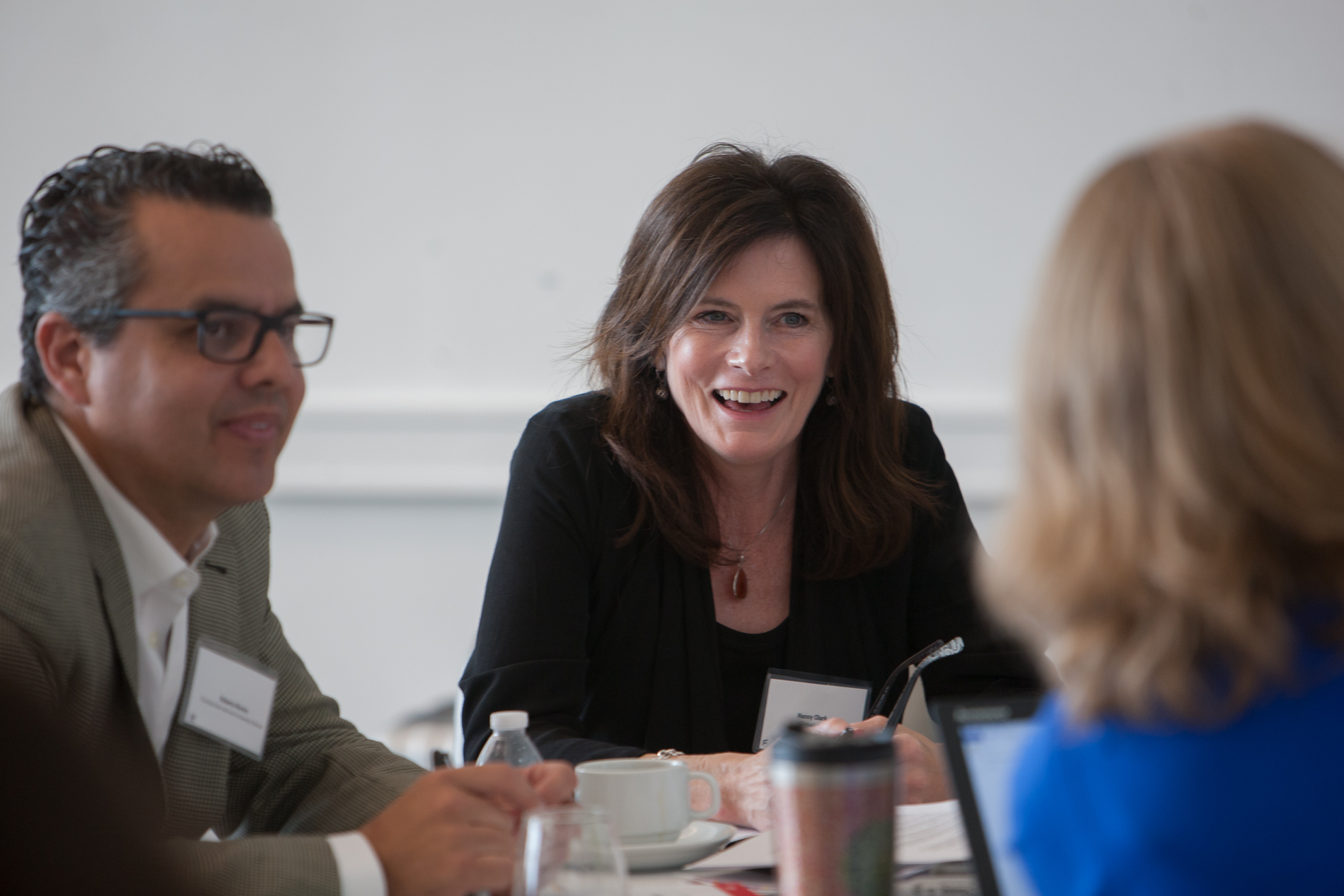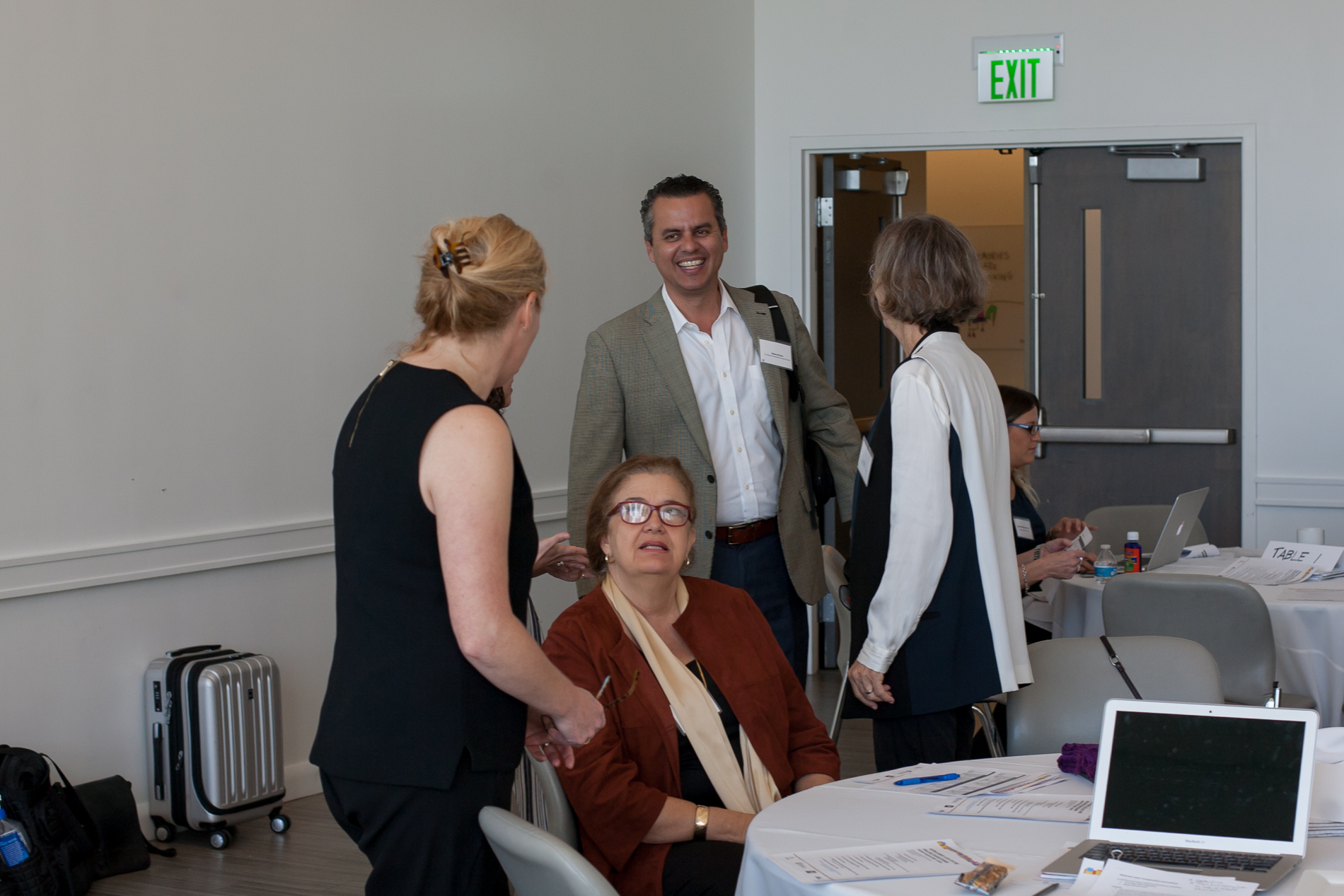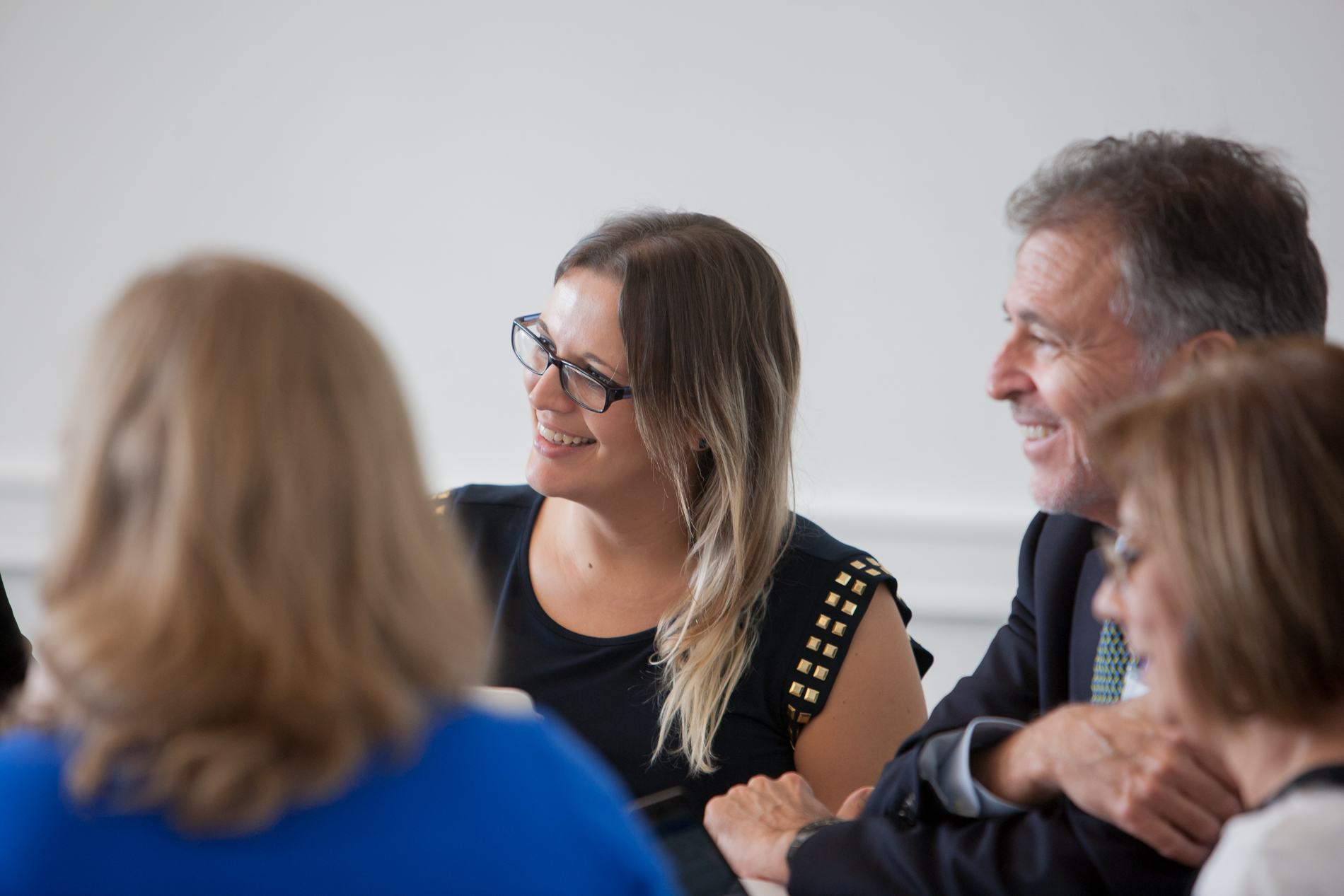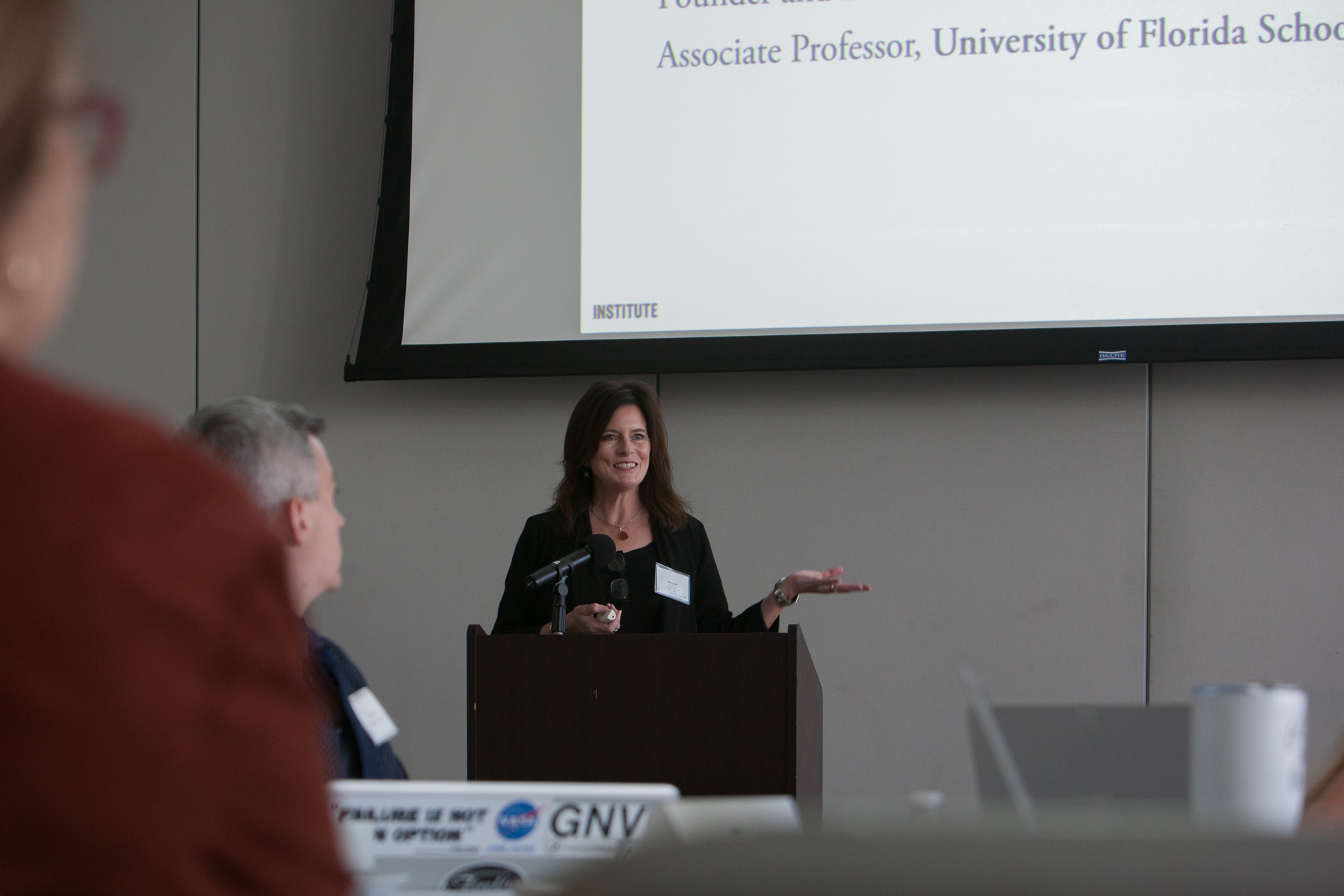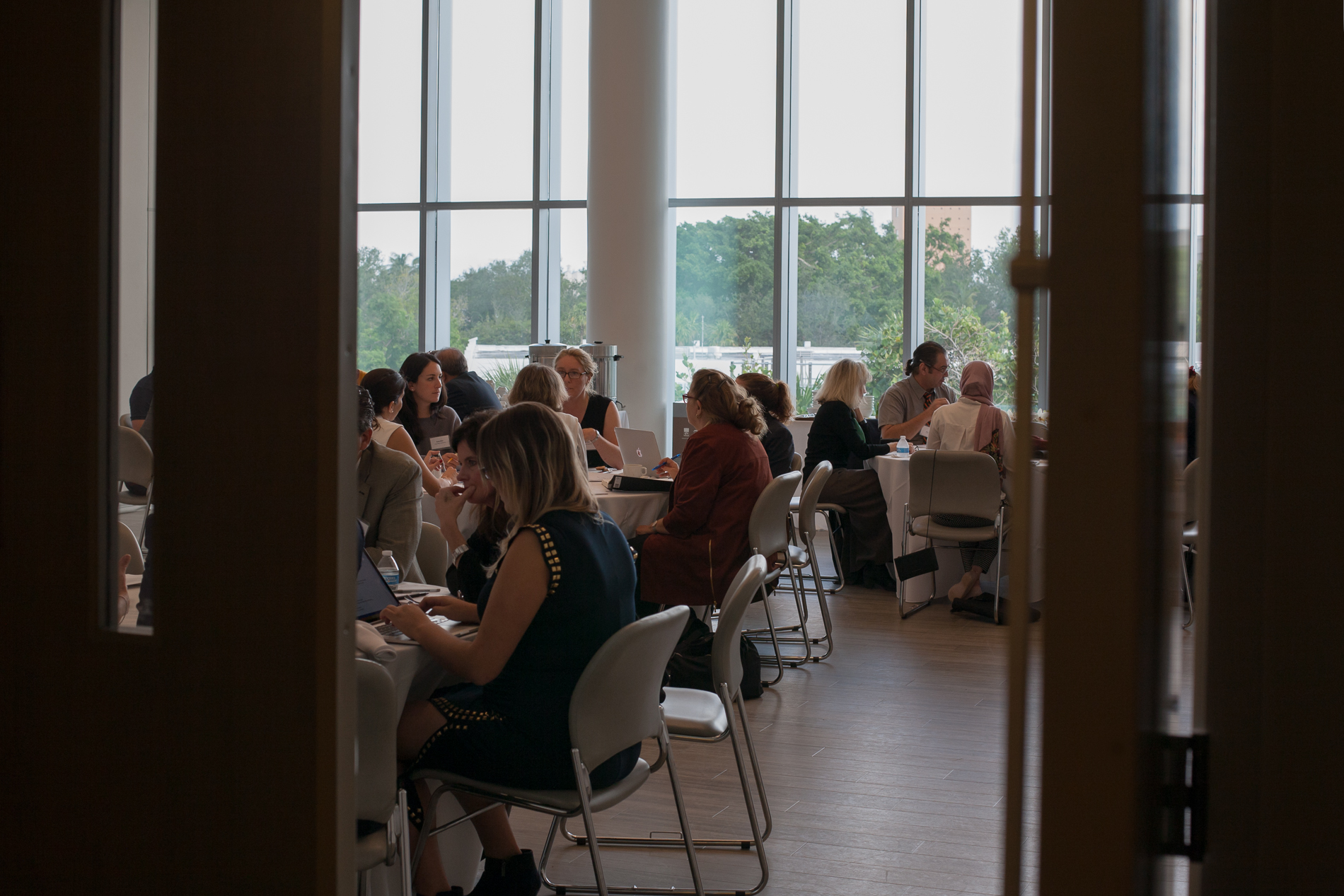
Assoc. Professor Nancy Clark is the Research Chair & Member, Technical Advisory Committee of Keeping Current. A team from UF | CHU is collaborating with the Van Alen Institute on Keeping Current: A Sea Level RIse Challenge for Greater Miami. A team from CHU participated in the recent Keeping Current Summit held at the University of Miami on November 15th, 2017.
At Van Alen Institute, believes design can transform cities, landscapes, and regions to improve people’s lives. They collaborate with communities, scholars, policymakers, and professionals on local and global initiatives that rigorously investigate the most pressing social, cultural, and ecological challenges of tomorrow. Building on more than a century of experience, they develop cross disciplinary research, provocative public programs and inventive design competitions (Van Alen Institute).
Through their projects in some of the most vulnerable areas on the planet, they’ve witnessed the devastating effects of climate change and sea-level rise. They’ve also observed firsthand the willingness–and even enthusiasm–achieved when communities come together to develop creative solutions for protecting their cities. It is this enthusiasm and willingness to stimulate change that brought them to South Florida (Van Alen Institute).
Keeping Current is spearheaded by Van Alen Institute, and is part of their broader inquiry into how communities are impacted by climate change, and how community engagement practices can be redefined, also explored in such initiatives as: Shore to Core, a design and research competition to reimagine downtown West Palm Beach as a dynamic, resilient waterfront city; Crossroads Conversations, a public program series that invites passersby from all walks of life and political convictions to engage in thoughtful dialogue on some of the most pressing issues of our time in iconic public spaces; and Rebuild by Design, an initiative of President Obama’s Hurricane Sandy Rebuilding Task Force and the U.S. Department of Housing and Urban Development (HUD) to address the structural and environmental vulnerabilities that Hurricane Sandy exposed in communities throughout the region and developing fundable solutions to better protect residents from future climate events (Van Alen Institute).
